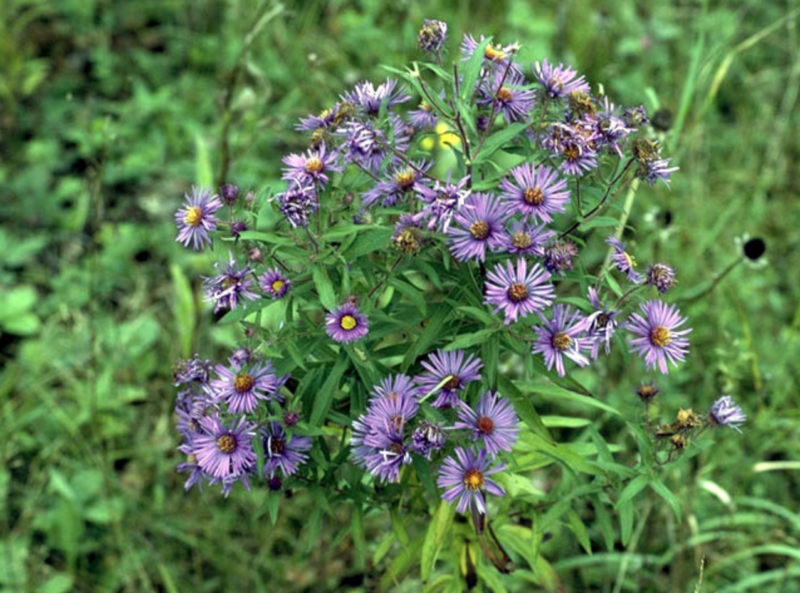CBU Researcher Informs Land Use Planning for Food Security in International Publication
 CBU’s Dr. Alana Pindar, Weston Family Visiting Professor of Ecosystem Health and Food Security is gaining international attention for a study with strong recommendations for future land use planning in Canada. The study, published in Scientific Reports, is the first to quantify how much land is required to maintain wild native bees in Canada.
CBU’s Dr. Alana Pindar, Weston Family Visiting Professor of Ecosystem Health and Food Security is gaining international attention for a study with strong recommendations for future land use planning in Canada. The study, published in Scientific Reports, is the first to quantify how much land is required to maintain wild native bees in Canada.
This research builds previous studies showing that insect pollinators are in widespread decline around the world. Dr. Pindar says the report outlines mitigation measures related to land use, with global food production as a driver for habitat protection.
“One in every three bites of food we take is the direct result of pollinators,” explains Dr. Pindar. “To protect the yield and diversity of our food supply, we need accept that dedicating space for bee biodiversity is essential.”
Dr. Pindar collaborated with Dr. Nigel Raine, Rebanks Family Chair in Pollinator Conservation in the School of Environmental Sciences at the University of Guelph to provide concrete numbers to inform land use planning. The pair combined extensive collection records of Canadian wild bees with high-resolution habitat maps to determine how much land these pollinating insects require. Despite the importance of this this data, Dr. Pindar says this is the first time this level of analysis has been performed.
“The data reveals that early estimates for habitat protection are not even half of what is required to safeguard healthy wild bee communities,” she cautions. “That’s why it’s incredibly important to be sharing this research in an international publication. It’s an opportunity to provide insights as a call to action for land use planners around the globe.”
 While the research may seem like a grim outlook for the future, Dr. Pindar adds a reassuring go-forward message when it comes to habitat protection. “We are providing clear and attainable recommendations that will have an impact,” she says. “This study is providing empirical data that will hopefully, put habitat protection as a key consideration in land use planning.”
While the research may seem like a grim outlook for the future, Dr. Pindar adds a reassuring go-forward message when it comes to habitat protection. “We are providing clear and attainable recommendations that will have an impact,” she says. “This study is providing empirical data that will hopefully, put habitat protection as a key consideration in land use planning.”
Dr. Tanya Brann-Barrett, CBU’s Associate Vice-President, Academic and Research, says Dr. Pindar continues to be a leading scholar who is making a difference.
“We are so proud to see Dr. Pindar’s work recognized by one of the world’s most prestigious research journals,” says Dr. Brann-Barrett. “Her work is providing important directions to support biodiversity and ultimately, food security.”
Scientific Reports is an open access journal publishing original research from across all areas of the natural sciences, psychology, medicine and engineering. It is the fifth most-cited journal in the world. Dr. Pindar and Dr. Raine’s research is available here.